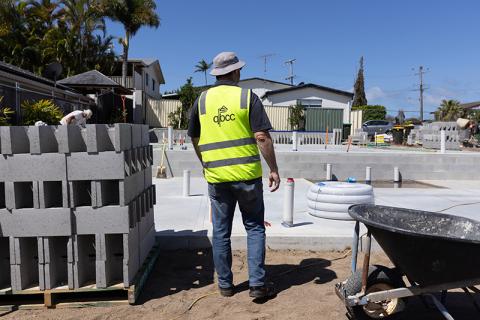‘Inadequate cash flow or high cash use’ was the leading cause for the failure of construction businesses in the latest Australian Securities and Investments Commission (ASIC) Insolvency Report (FY: 2018-19) and has been the most ‘nominated cause for business failure’ in seven of the last ten reports produced by ASIC.
So, how do successful construction businesses manage cash flow and avoid becoming a statistic?
While it is not possible to predict all the challenges of a project, it is possible to be well-prepared and reviewing your systems regularly to identify opportunities to improve cash flow is key.
Acquiring the work
- Know your client, what are their payment terms, can you negotiate?
- Know the job and start with a reasonable and profitable estimate.
- Be aware of industry trends/potential product price rises to ensure adequate allowances are made with contracts and variations.
- Use a written contract that sets out key information including when you can invoice for completed work.
Doing the work
- Spread out your costs by timing goods and labour with work schedule and payment cycles.
- Maintain good relationships to avoid unnecessary disagreements and costly delays.
Tracking the work
- Process variations quickly by reaching an agreement and seeking immediate payment.
- Keep schedule and documentation up to date, so progress payments go smoothly.
- Invoice immediately and chase late payments.
Making sure you can enforce your right to be paid is an important part of managing cashflow. You can refer to the QBCC’s Industry Guide to Security of Payments Law for more information including how to make sure you issue a valid payment claim.
There are many free resources available to help businesses improve their financial management and avoid cash flow problems:
- Business Queensland’s cash flow improvement tips
- Australian Government’s cash flow template
- Australian Tax Office’s cash flow webinars.
Cash flow is one of the fundamental elements of financial management that all QBCC contractors are required to provide details of as part of their financial reporting each year.
Annual financial reporting is part of the Minimum Financial Requirements legislation. It helps to ensure every building contractor who operates in Queensland has a financially healthy business with an appropriate level of working capital, with the goal of reducing the incidents of financial failure, liquidations and bankruptcy.



